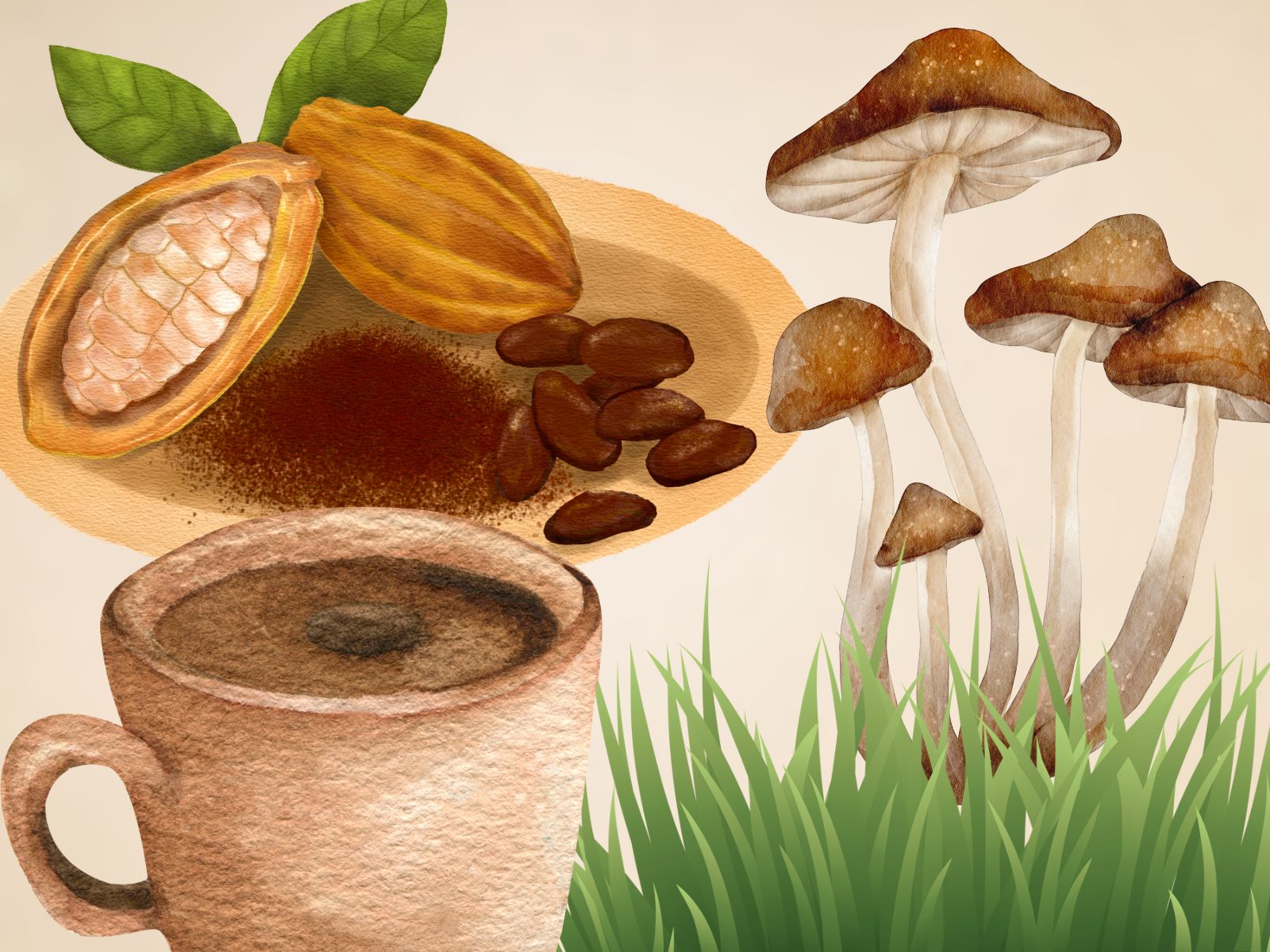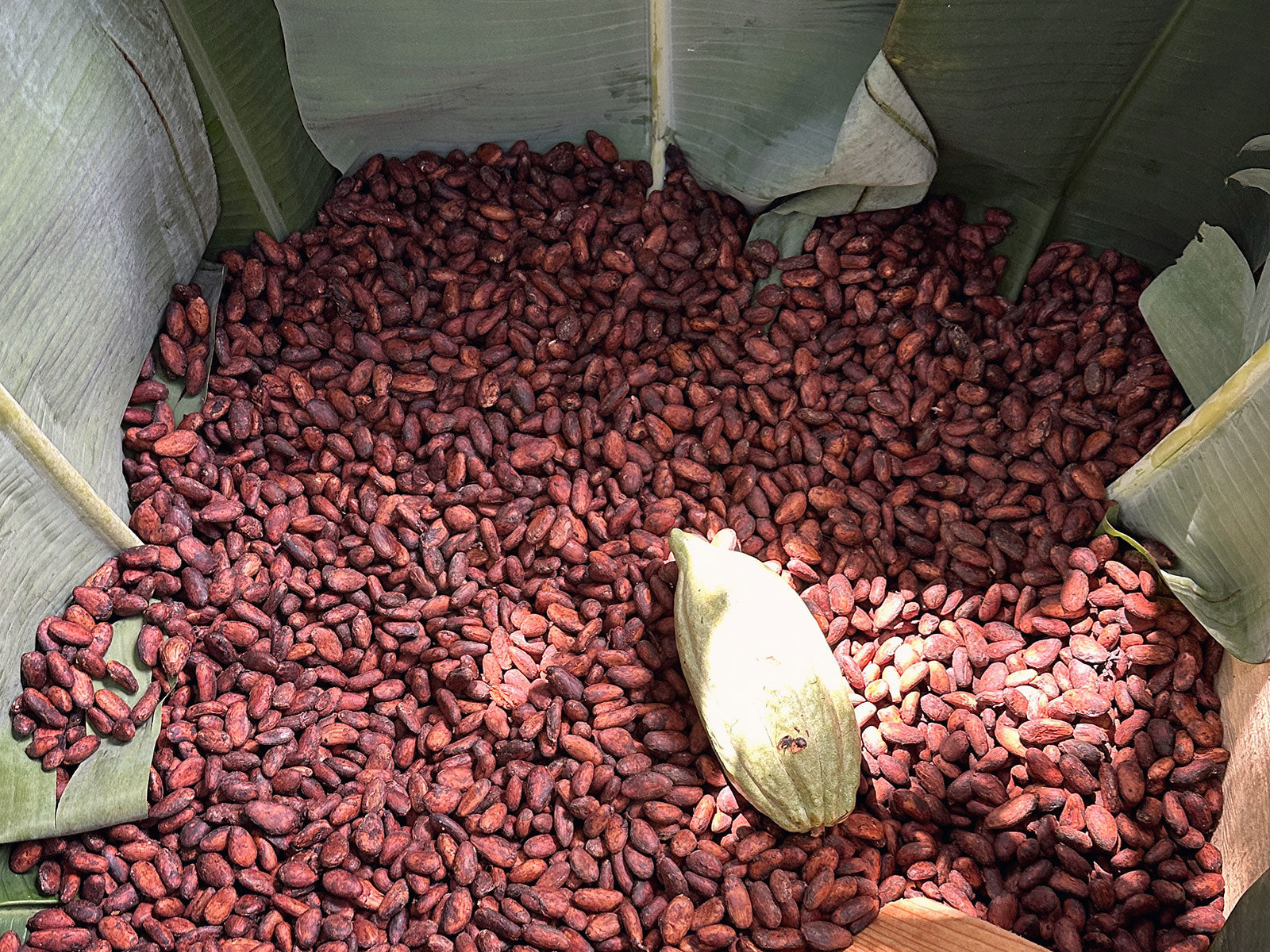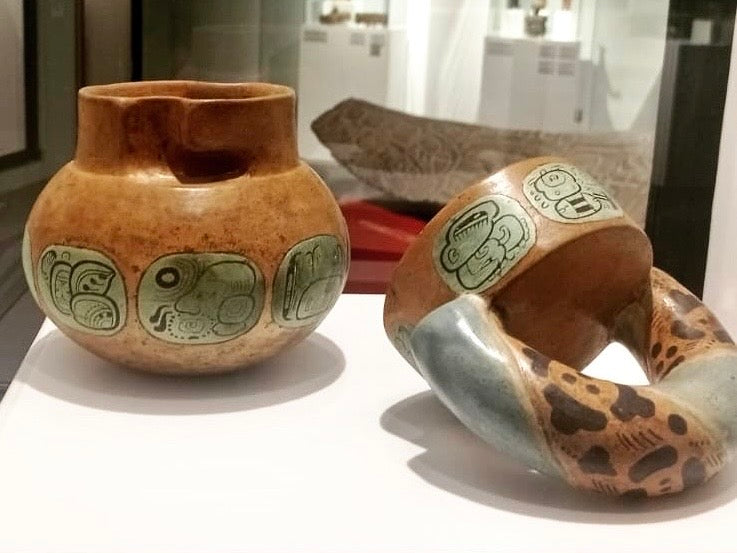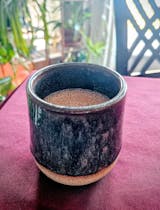by Nick Meador
Authentic ceremonial cacao has a lot to offer the world – both as a superfood with unique beneficial compounds, and as a plant medicine that can help people tap into empathy, compassion, and self-love.
Yet as this modern ceremonial cacao movement grows, there are lingering questions about how to bring it into modern contexts in an ethical way.
Unfortunately in New Age circles, many people will say things like "nobody owns a plant, so anyone can do what they want with it." This is a perspective of spiritual bypassing, where important factors of culture and history are overlooked because they're uncomfortable.
The reality is that numerous pre-Columbian indigenous cultures had a sacred relationship with cacao, and their descendants are still carrying those traditions in what's now Mexico, Central America and South America.
They don't own the plant, but they do have a kind of intellectual property around the idea of cacao having a spiritual value, and the rituals and recipes with which they connect with cacao in an intentional way.
At the same time, I've asked many indigenous guides (mostly Mayan in Guatemala) what they think about non-indigenous people using cacao for spiritual purposes. I've heard many different opinions, but they have some common threads that I've been sharing in blog articles since 2018.
Year by year things are changing and evolving, and here I want to share 5 tips for how to be a Cacao Ally – that is, how to connect with and share authentic ceremonial cacao without being disrespectful or causing harm.
1) Responsible Sourcing
As of 2025, a falsehood persists that any 100% pure cacao paste (i.e., chocolate) can be called "ceremonial" just because it is pure. Sometimes a company also states a "spiritual intention" in the production.
Sometimes people incorrectly use circular logic and say that any cacao is ceremonial if it's used in ceremony (more on that in section 3 below).
If the cacao is grown outside of the regions mentioned above, and especially if the seeds are processed in a modern chocolate factory, then it's blatant cultural appropriation.
In other words, it has been stripped of any legitimate connection to the original context. Plus, the original lineage holders aren't benefiting enough through acknowledgment (social currency) or payment.
There are MANY things to consider in sourcing, and I'm happy to share that I'm part of a project to create a ceremonial cacao certification that is set to launch in 2025.
But two of the most important are:
a) For the cacao to be grown in a pre-Columbian cacao location, and
b) For the paste to be prepared by a majority of people who are part of a recognized indigenous group in the same country where the cacao grows.
2) Mindful Communication
Cacao Allies make an effort to be precise and considerate in how we talk about cacao and its indigenous history.
Too often people simply say that ceremonial cacao was used as a currency and celebrated by Mayan and Aztec rulers, without giving more context.
Actually there are countless ways that cacao was used and celebrated, and that remains the case today. So it's more accurate (and ethical) to say that we don't actually know the full story.
That's partly because large amounts of the historical record were destroyed by Spanish colonizers. And that kind of oppression still exists in these places. For example in Guatemala, Mayan traditions are considered "witchcraft," and indigenous spiritual guides are sometimes punished by dominant Christian groups.
It might not immediately seem obvious how this is all connected to the way we introduce ourselves and teach about cacao, for example, at a workshop we lead. But it actually goes a long way towards allyship to acknowledge on an event page and in front of a group that we are not indigenous spiritual guides and that what we're leading is a modern practice.
3) Event Titles
Another aspect of communication is what to call an event featuring ceremonial cacao.
The term "cacao ceremony" has captured the imagination of many who are on a path of spiritual self-development. And most attendees are willing to accept the term at face value. In reality there's a lot more too it.
It's all too common for someone to schedule an event they call a cacao ceremony and tell people that it's a "Mayan tradition." Cacao does indeed play a role in Mayan rituals, and it is interwoven into ancient Mesoamerican myths that make it clear how cacao was revered.
Yet there doesn't appear to be any historic term that translates directly to "cacao ceremony." And perhaps more importantly, it seems there wasn't any indigenous tradition of a facilitator guiding a group through an experience or spiritual journey with cacao as an active agent.
(NOTE: Some people take this to mean that the whole idea of ceremonial cacao is false. My main response to that is there simply isn't a better term to describe cacao grown and prepared the way I explain in section #1 above, and that it deserves to be distinguished and recognized somehow.)
It's okay for people to get creative in how they share cacao, as long as they're also careful about certain things. Most times I see someone use the term "cacao ceremony," they're not including enough acknowledgment for the fact that it's actually a modern workshop.
That's not to say that only indigenous spiritual guides can use the term "cacao ceremony." It's about acknowledging that even they didn't traditionally use that term. And yet indigenous spirituality is being invoked by that term, which can quickly veer into a lapse of ethics.
Cacao Allies can instead use the term "cacao circle" or "cacao journey," which help to break patterns of bypassing and promote further conversation about what's actually happening. Or cacao can be mentioned along with other activities in a more descriptive way. Examples: Cacao and Gentle Yoga, or Ecstatic Dance with Opening Cacao Ritual.
If someone is really attached to "cacao ceremony," even calling it a modern cacao ceremony can offer some acknowledgement that supports ethics.
The main point of the last two sections is that it makes a HUGE difference to be precise and intentional with our words.
4) Locations
Where we share cacao matters too. There are a couple things to think about when choosing a location.
One is the container. I use that term to describe both the physical space where an event happens, and also the agreements (rules, guidelines, etc) that are called in for the event.
There's no single right container for a cacao journey. It depends on what kind of experience you want to offer.
A space with total privacy will allow people to go a bit deeper and potentially get in touch with more emotions. Whereas at a festival, a space will probably have people walking by and participants might come and go.
As for ethics, one thing to consider is proximity to communities that have cacao heritage. Mainly I've seen this become an issue when people from Western cultures travel to Mexico, Central America and South America, and then host "cacao ceremonies" or spiritual retreats.
Without mindfulness, this can become a kind of neo-Colonialism. For example, the modern ceremonial cacao movement started in the village of San Marcos la Laguna, Guatemala, a small walking village with only a few thousand indigenous Mayan residents.
Yet during "high season" of December to April, the foreign visitors outnumber the locals. Many come because of the allure of indigenous culture, but act in really disrespectful ways. That's a subject with complexity way beyond the scope of this article but it's important to mention.
5) Stand With, Not Over
As with the topic of allyship in general, it's important to consider that some attempts to help actually end up causing harm. Impact isn't always the same as intention.
As a person of mixed European heritage, this point has made my work somewhat complicated since I started sharing cacao in 2016.
It can be summarized as finding balance between promoting authentic ceremonial cacao, and checking the our egos to make sure we're not making it too much "about us."
We have to remember that the same indigenous peoples who have kept cacao traditions alive for millennia have also faced intense destabilization, oppression, and exploitation for 500 years now.
There are ways to help beyond just buying ethically sourced cacao. But we need to make sure that the ones we're helping actually want that help, that they consent to how the help is given, and that it's really having the impact we want it to.
Another aspect of this is making sure that indigenous collaborators are well informed about what's happening. Ensuring effective translation is a part of that, because they can't consent if they don't really know what's being communicated.
It needs to be repeated that having an intention to help doesn't mean that we're actually helping.
But it also doesn't mean that we shouldn't bridge cultures and create together, just that there are complexities to consider.
Conclusion
If you've read this far, THANK YOU!
Seriously, thanks for being willing to consider these deeper aspects of how we, as people who aren't part of an indigenous ethnic group with pre-Columbian cacao history, can share ceremonial cacao in an ethical way.
In reality, there's still so much more to it. My self-guided 10-week Cacao-Powered Facilitator course goes in depth into the topics of container setting, communication, how to avoid cultural appropriation, and more. I make it clear in the course that it covers ways of hosting modern cacao journeys.
Another way to be an ally is to go to the source and meet the people who make the cacao that you love. If that calls you, I recommend looking into our Cacao Tours.
I'm wishing you joy and empowerment on your path of connecting with and sharing cacao!
READ THESE OTHER ARTICLES BY NICK ON THE SUBJECT:
2018: Addressing Concerns about Cultural Appropriation of Cacao
2020: Who is Allowed to Work with Ceremonial Cacao?
2022: How to Avoid Cultural Appropriation When Sharing Cacao
Related Posts

For thousands of years, ceremonial cacao and psilocybin mushrooms have been used by indigenous groups in Latin America.
Read More
La fermentación es un paso importante en la preparación del cacao y tiene un gran efecto en el sabor y aroma del product
Read More
En los últimos 40 años se han producido hallazgos increíbles que amplían y aclaran el uso del cacao en las culturas anti
Read More





